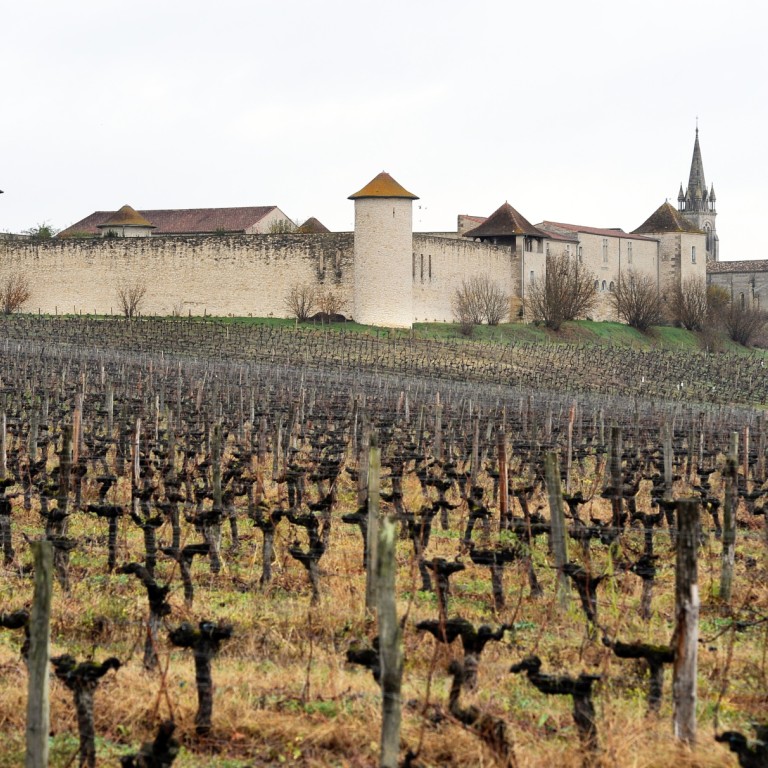
France warns of money laundering in vineyard sales to Chinese
France's money laundering investigators have called for "increased vigilance" in sales of vineyards to Chinese buyers, as more of the country's finest wineries are sold to investors from the world's second-largest economy.
The annual report of the anti-money-laundering unit of the French Ministry for the Economy and Finance, Tracfin, released last month has also singled out Russian and Ukrainian buyers.
Some Chinese who bought a few years ago are reselling. The cycle is speeding up, and they are selling to other Chinese
But it noted a "growing presence of investors with ties to China".
Some of these buyers would use "complex judicial arrangements with holding companies located in fiscally privileged countries" to obtain these vineyards, making it difficult to establish the origin and the legality of the funds brought into France.
The report comes as China has raised the issue of money laundering to the "national strategic level" in an attempt to rein in the massive outflow of funds from the country, according to remarks by People's Bank of China's deputy governor Li Dongrong in May.
The Chinese economy lost US$3.79 trillion in illicit financial outflows between 2000 and 2011, the Washington-based research and advocacy group Global Financial Integrity said last year.
Chinese investors currently owned about 50 French vineyards in Bordeaux alone, while Russian owners were dominant in the Cognac region, said Jane Anson, a Bordeaux-based wine correspondent.
She said she expected the Chinese to overtake Belgians as the largest nationality of owners in the winemaking region once another five to 10 estates are sold to Chinese investors.
Another trend was that some early Chinese buyers were already selling their vineyards, said Anson. "Some Chinese who bought a few years ago are reselling. The cycle is speeding up, and they are selling to other Chinese."
Anson said the money-laundering report raised legitimate questions, as, in many cases, sales are "kept very quiet and you don't know who is doing the purchasing", she said, adding she knew of five vineyards where it was unclear who the owner was.
However, the arrival of the Chinese had been a blessing for Bordeaux, said Anson. "So far, what they have done is buy properties that haven't been invested in for quite a long time. What they are doing is generally investing in quality," she said.
There would be little pressure to investigate cases of money laundering, said Eric Vernier, an expert with the Paris-based Institute of international relations and strategic studies, particularly because these funds were badly needed in France's current economic situation.
The International Monetary Fund expects the country's economy to contract by 0.2 per cent this year and grow a meagre 0.8 per cent in 2014.
"China gets a bad rep," said Simon Gleave, the Beijing-based Asia-Pacific regional head for financial services of the audit firm KMPG. Gleave argues that drug money laundered elsewhere was a much bigger issue.
"It's a reflection of the fact that an enormous amount of wealth is being created in China," he said.
"Some people want to get their wealth abroad and some individuals will take shortcuts, which they shouldn't do."

